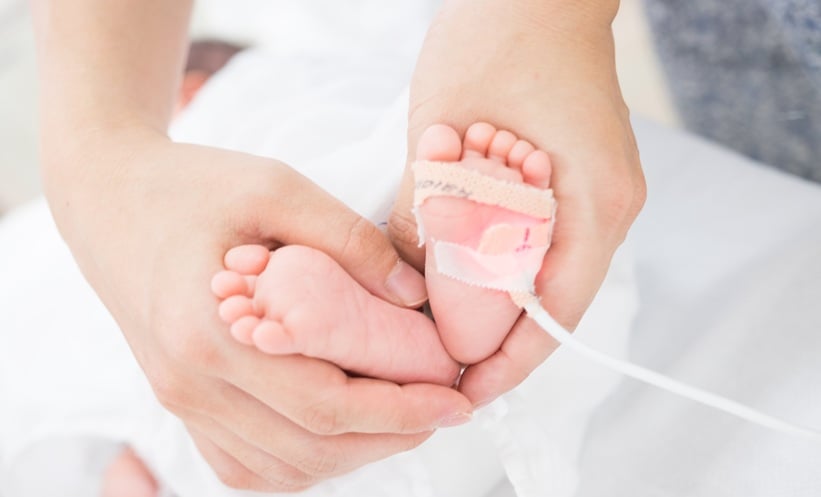A LARGE new study has found that pregnant individuals with opioid use disorder (OUD) who receive buprenorphine treatment experience significantly better outcomes for both themselves and their infants compared to those who go untreated. The findings, based on over 14,000 maternal-infant pairs enrolled in the Tennessee Medicaid program, add to growing evidence that expanding access to buprenorphine could be crucial for improving maternal and neonatal health.
The research team, led by Sunaya R. Krishnapura and colleagues, analyzed data spanning from 2010 to 2021. Among the cohort, just over half of the mothers (51.6%) received buprenorphine during pregnancy. Compared to those who did not receive treatment, mothers in the buprenorphine group were significantly less likely to experience severe maternal morbidity (5.4% vs 6.9%), preterm birth (14.1% vs 20.0%), and their infants were less likely to require admission to a neonatal intensive care unit (15.2% vs 17.2%).
After adjusting for confounding factors, buprenorphine treatment was associated with a 5.1 percentage point lower probability of experiencing any adverse pregnancy outcome. Importantly, the study found that for every 20 individuals treated with buprenorphine, one adverse pregnancy event was prevented.
“These results highlight the importance of increasing access to buprenorphine for pregnant individuals with OUD,” the researchers concluded. “Treatment expansion could significantly improve outcomes for both mothers and infants.”
Despite the known benefits, most pregnant individuals with OUD still do not receive medication-assisted treatment, underscoring an urgent public health gap. With the opioid crisis continuing to impact communities across the United States, experts stress that improving access to buprenorphine could be a lifesaving intervention for two generations at once.
Aleksandra Zurowska, EMJ
Reference
Krishnapura SR et al. Buprenorphine Treatment in Pregnancy and Maternal-Infant Outcomes. JAMA Health Forum. 2025;6(4.11):e251814.








